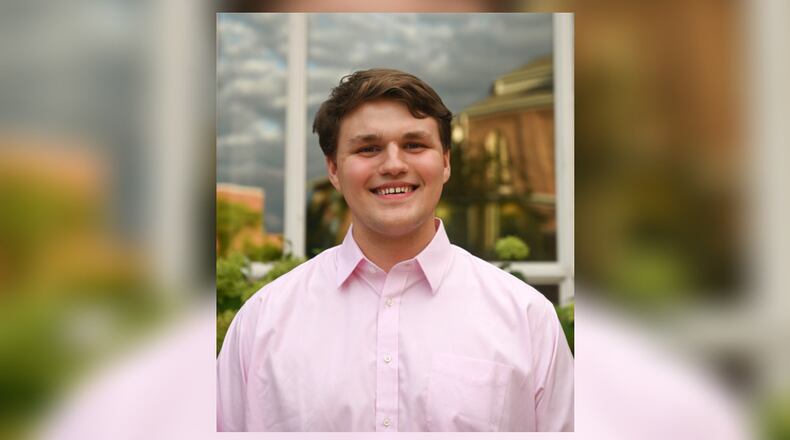In Dayton, we see the power of local government. Montgomery County administers a variety of services, including parks, funding for local schools, and more. The City of Dayton hosts a number of programs to promote community leadership, the integration of News Americans, and even more. These programs are run by our public administrators. And they’re getting older.
This issue extends into the federal government as well. According to the Partnership for Public Service, just under 7% of all federal employees are under the age of 30, whereas the private sector sits around 20%. With the struggles faced at all levels of government to recruit and retain younger employees, there are some innovative ways government organizations can establish a pipeline for younger talent.
Gen Z is one of the most socially conscious generations we have ever seen, and also the most educated. This makes the younger generation focused on how to make an impact and have been primed to make the impact thanks to a high level of education. In theory, this should make younger workers a prime fit for government work. However, we’re still seeing disconnects from the younger generation with the government. How can we bridge this? One of the most crucial ways to correct this issue is by introducing a greater focus on the impact of working for the government. Creating marketing campaigns and materials that emphasize the needs of communities and how government agencies fill them can connect younger people of different backgrounds and identities to the work government organizations at every level do. We’re seeing the benefits of this type of messaging in the private sector, where Cone Communications reports that 64% of millennials consider the social impact of an organization when joining it. If the government can extrapolate this successful strategy to bolster recruitment efforts, younger generations can visualize their impact at a government organization. In addition to this messaging change, we need to emphasize the actions taken that would include younger people in the organization and structure of them.
The practice of access to better organizational change dynamics and the provision of on-the-job training. Younger people are often looking for what a workplace also brings to them according to Cone. This access to making a positive impact through the organization internally will also provide a critical service to government organizations, giving them a feedback mechanism to grow and improve in the services they give back to the employees there. According to Handshake, over 70% of Gen Z surveyed want better access to more flexible benefits and modern dynamic workplace provisions for mental health and career growth. The government has a unique opportunity to step in and provide these benefits to a generation wanting to step into roles that can also make an impact. In many ways, these methods are keys to a bigger goal: getting a motivated and socially conscious generation into serving others.
Securing the trust and loyalty of Gen Z in roles serving the public across every level of government will give a strong foundation to government for decades to come with strong servant-leaders who will support the needs of the unique communities and individuals all across America.
Lenny Zaleski is a communications and political science student at the University of Dayton with two years of experience in government communications.
About the Author

